Home>Garden Essentials>How To Eat Black Seeds
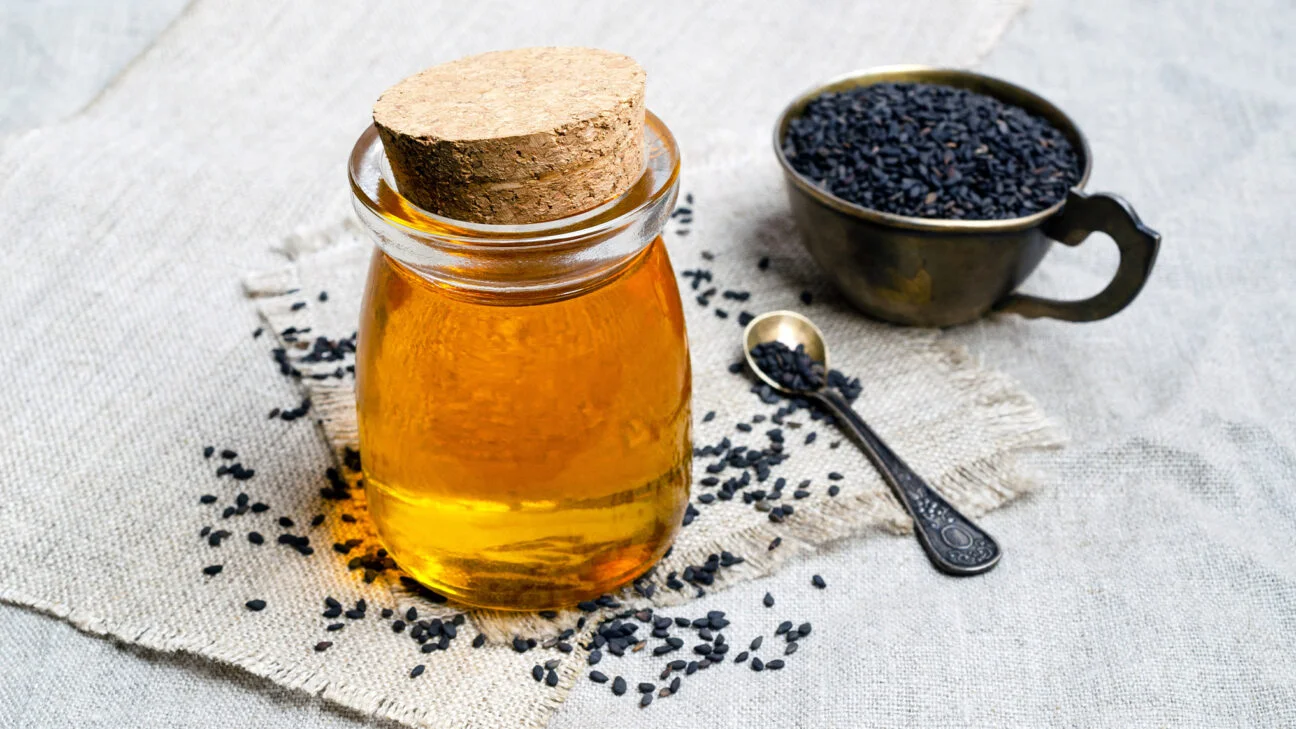

Garden Essentials
How To Eat Black Seeds
Modified: March 16, 2024
Learn the benefits and best practices of growing garden black seeds. Discover how to incorporate these nutritious seeds into your diet and boost your overall health.
(Many of the links in this article redirect to a specific reviewed product. Your purchase of these products through affiliate links helps to generate commission for Storables.com, at no extra cost. Learn more)
Introduction
Welcome to the fascinating world of black seeds! These little powerhouses have been used for centuries across various cultures for their incredible health benefits and culinary versatility. Whether you’re a seasoned health enthusiast looking to amp up your nutrient intake or someone curious about incorporating new flavors and textures into your meals, black seeds are definitely worth exploring.
Also known as Nigella sativa seeds or Kalonji, black seeds are native to southwestern Asia and have long been valued for their medicinal properties. These tiny, jet-black seeds have a distinct flavor profile – slightly bitter with a hint of nuttiness – and add a delightful crunch to any dish.
But it’s not just their taste that makes black seeds so remarkable. They are packed with essential nutrients, making them a nutritious addition to your daily diet. Loaded with antioxidants, vitamins, minerals, and healthy fats, black seeds offer a wide array of health benefits, ranging from boosting immunity to supporting digestion.
In this article, we will delve into the nutritional benefits of black seeds, explore different ways to incorporate them into your meals, and even provide some delicious recipes to get you started. But before we dive in, let’s take a closer look at what exactly black seeds are and why they deserve a place in your kitchen.
Key Takeaways:
- Black seeds are tiny powerhouses packed with protein, healthy fats, and antioxidants, offering a range of health benefits from boosting immunity to supporting digestion. They add a delightful crunch and nutty flavor to dishes.
- Incorporating black seeds into your diet is easy and versatile. You can sprinkle them over salads, mix them into smoothies, use them as a seasoning, or even brew them as a soothing tea. Just remember to consume them in moderation and consult a healthcare professional if needed.
Read more: How To Eat Sunflower Seeds
What Are Black Seeds?
Black seeds, scientifically known as Nigella sativa, are small, black-colored seeds that come from a flowering plant native to southwestern Asia. These seeds are commonly referred to by various names, such as black cumin, black caraway, or kalonji in some regions.
For centuries, black seeds have been widely used in traditional medicine and culinary practices. They have been mentioned in ancient texts and historical records of many civilizations, including ancient Egypt, Greece, and India.
Black seeds have a unique and pungent flavor that adds depth to a variety of dishes. Their taste can be described as slightly bitter, earthy, and mildly nutty. These seeds have a crunchy texture, similar to sesame seeds, and can be used whole or ground into a powder.
But what makes black seeds truly remarkable are their numerous health benefits. They are rich in essential nutrients like vitamins, minerals, and healthy fats. Additionally, black seeds contain powerful antioxidants and bioactive compounds, including thymoquinone, which has been extensively studied for its potential medicinal properties.
Traditionally, black seeds have been used to alleviate a wide range of ailments and promote overall well-being. They have been valued for their anti-inflammatory, antimicrobial, and antioxidant properties. Studies have also suggested that black seeds may have potential benefits in managing conditions like diabetes, high blood pressure, and cholesterol levels.
The versatility of black seeds extends beyond their medicinal properties. They are widely used in various cuisines around the world, adding a distinct flavor to dishes. In Middle Eastern and Indian cuisines, black seeds are commonly used as a spice in bread, curries, and pickles. They can also be sprinkled over salads, roasted vegetables, or yogurt for an extra nutritional boost.
Given their rich history and health benefits, it’s no wonder that black seeds have gained popularity in recent years. Whether you’re looking to enhance the flavor of your meals or seeking natural remedies, incorporating black seeds into your diet can be a valuable addition.
In the next section, we will explore the nutritional benefits of black seeds and why they are considered a nutritional powerhouse.
Nutritional Benefits of Black Seeds
Black seeds are not only flavorful but also packed with essential nutrients that contribute to a healthy diet. Let’s take a closer look at the nutritional profile of these tiny powerhouses:
1. Protein: Black seeds are a good source of plant-based protein, making them ideal for vegans and vegetarians. Protein is essential for cell repair, building and maintaining muscles, and supporting overall health.
2. Healthy Fats: Black seeds are rich in healthy fats, including omega-3 and omega-6 fatty acids. These fats play a crucial role in promoting heart health, reducing inflammation, and supporting brain function.
3. Fiber: Black seeds are an excellent source of dietary fiber, which aids in digestion and promotes feelings of fullness. Consuming foods high in fiber can help regulate blood sugar levels, support weight management, and maintain a healthy digestive system.
4. Minerals: Black seeds are a good source of minerals such as iron, magnesium, and calcium. Iron is essential for oxygen transport throughout the body, while magnesium plays a role in nerve function and muscle health. Calcium is crucial for maintaining strong bones and teeth.
5. Vitamins: Black seeds contain various vitamins, including vitamins A, C, and E. These vitamins are potent antioxidants that protect the body from cellular damage caused by free radicals. They also support immune function and contribute to healthy skin.
6. Antioxidants: Black seeds are loaded with antioxidants, which help neutralize harmful free radicals and reduce oxidative stress. The main antioxidant compound found in black seeds is thymoquinone, which has been studied for its potential anti-inflammatory and cancer-fighting properties.
Incorporating black seeds into your diet can provide a wide range of health benefits. Some potential benefits include improved heart health, enhanced immune function, reduced inflammation, and better digestion.
Remember, while black seeds offer many nutritional benefits, they should be consumed as part of a balanced diet. Adding them to your meals can be a great way to boost your nutrient intake, but it’s important to consult with a healthcare professional if you have any underlying health conditions or concerns.
Next, we will discuss how to easily incorporate black seeds into your daily meals.
How to Incorporate Black Seeds into Your Diet
Now that you’re aware of the nutritional benefits of black seeds, let’s explore some simple and creative ways to incorporate them into your daily diet:
1. Sprinkle over Salads and Soups: Add a sprinkle of black seeds to your favorite salads and soups to add a crunchy texture and nutty flavor. They can complement a variety of salad greens, vegetables, and dressings.
2. Mix into Smoothies and Yogurt: Blend black seeds into your smoothies or sprinkle them over yogurt for added health benefits. They can provide a nutritious boost while enhancing the taste and texture of your favorite beverages and snacks.
3. Use as a Seasoning: Grind black seeds into a powder and use them as a seasoning for your dishes. Mix them with other spices to create a flavorful blend that can be used in marinades, rubs, or sauces.
4. Incorporate into Bread and Baked Goods: Add whole or ground black seeds to your homemade bread, rolls, or muffins for an extra burst of flavor. They can also be sprinkled on top of breads before baking for a visually appealing and tasty touch.
5. Mix with Nut Butter: Blend black seeds with your favorite nut butter for a delicious and nutritious spread. It can be enjoyed on toast, rice cakes, or used as a dip for fruits and vegetables.
6. Enhance Stir-Fries and Rice Dishes: Sprinkle black seeds over stir-fries or rice dishes to add a delightful crunch and aromatic flavor. They can complement a variety of vegetables, meats, or grains.
7. Brew as Tea: Steep black seeds in hot water to create a flavorful and soothing tea. Add a touch of honey or lemon for additional taste and enjoy its potential health benefits.
Remember, there is no “right” or “wrong” way to incorporate black seeds into your diet. Feel free to experiment and find the methods that work best for your taste preferences and lifestyle. The key is to have fun and explore new flavors and textures.
Next, let’s dive into some delicious recipes that showcase the versatility of black seeds.
When eating black seeds, it’s best to start with a small amount to see how your body reacts. You can sprinkle them on salads, yogurt, or mix them into smoothies for a healthy boost.
Recipes Using Black Seeds
Looking for some delicious and easy recipes to incorporate black seeds into your meals? Here are a few ideas to get you started:
1. Black Seed Salad Dressing: Combine black seeds, olive oil, lemon juice, honey, and a pinch of salt to create a flavorful dressing for your salads. Drizzle it over fresh greens, vegetables, and your favorite protein for a nutritious and delicious meal.
2. Black Seed Roasted Vegetables: Toss your favorite vegetables with black seeds, olive oil, garlic powder, salt, and pepper. Roast them in the oven until tender and caramelized for a flavorful side dish that pairs well with any main course.
3. Black Seed Quinoa Pilaf: Cook quinoa according to package instructions and sauté it with chopped onions, bell peppers, and black seeds. Season with your favorite herbs and spices for a nutrient-packed and flavorful grain dish.
4. Black Seed Crusted Chicken: Mix black seeds with breadcrumbs and spices of your choice. Use this mixture to coat chicken breasts or tenders before baking or pan-frying. The black seed crust adds a delightful crunch and flavor to the chicken.
5. Black Seed Energy Balls: In a food processor, combine dates, nuts, black seeds, cocoa powder, and a drizzle of honey. Process until the mixture comes together, then roll into bite-sized energy balls. These make for a tasty and nutritious snack on the go.
6. Black Seed Flatbread: Mix whole wheat flour, black seeds, water, and a pinch of salt to make a soft dough. Roll it out into thin circles and cook on a hot griddle until golden brown. Serve the flatbread with a dipping sauce or as a base for wraps and sandwiches.
These recipes are just a starting point to inspire you. Feel free to adapt them to your liking and experiment with different flavors and ingredients. The versatility of black seeds allows you to get creative in the kitchen while reaping their health benefits.
However you choose to use black seeds in your recipes, remember to store them in an airtight container in a cool, dark place to maintain their freshness and quality.
Now that you have some recipes to try, let’s discuss a few precautions and possible side effects associated with black seeds.
Read more: How To Eat Lotus Seeds
Precautions and Side Effects
While black seeds offer numerous health benefits, it’s important to be aware of some precautions and potential side effects:
Allergy: Black seeds may cause allergic reactions in some individuals. If you have a known allergy to seeds or plants in the Ranunculaceae family, it’s best to avoid black seeds or consult with a healthcare professional before consuming them.
Pregnancy and Breastfeeding: Pregnant and breastfeeding women should exercise caution when consuming black seeds. Limited research is available on the safety of black seeds during pregnancy and breastfeeding, so it’s best to consult with a healthcare professional before incorporating them into your diet.
Medication Interactions: Black seeds may interact with certain medications, including blood thinners, antidiabetic drugs, and immunosuppressant medications. If you’re taking any medications, it’s crucial to consult with your healthcare provider before consuming black seeds to avoid potential adverse effects or interactions.
Culinary Use Limitations: While black seeds are safe for consumption in culinary amounts, it’s important not to overconsume them. Moderation is key, as excessive usage may lead to digestive discomfort or upset stomach. It’s best to follow culinary recommendations and not exceed the recommended daily intake.
Quality and Storage: Ensure that you purchase black seeds from a reputable source to ensure freshness and quality. Store them in an airtight container in a cool, dark place to maintain their potency and prevent spoilage.
As with any dietary supplement or ingredient, it’s always advisable to consult with a healthcare professional before incorporating black seeds into your diet, especially if you have any underlying medical conditions or concerns.
Finally, let’s wrap up our exploration of black seeds.
Conclusion
In conclusion, black seeds are more than just a flavorful addition to your meals – they offer a wide array of nutritional benefits and have a rich history of traditional use. Their unique taste, combined with their abundance of essential nutrients, makes them a valuable addition to any healthy diet.
From their protein and healthy fat content to their fiber and mineral profile, black seeds provide a range of nutrients that support overall health and well-being. Their antioxidants contribute to reducing oxidative stress, while their potential anti-inflammatory and antimicrobial properties may offer additional therapeutic benefits.
Incorporating black seeds into your diet is easy and versatile. You can sprinkle them over salads, stir them into smoothies, use them as a seasoning, or even enjoy them brewed as a tea. The possibilities are endless, allowing you to experiment and discover new ways to add these nutrient-packed seeds to your favorite dishes.
However, it’s important to be aware of potential precautions and side effects. If you have a known allergy to seeds or plants in the Ranunculaceae family, it’s best to avoid black seeds. Pregnant and breastfeeding women should also exercise caution, and individuals on medications should consult with their healthcare provider before incorporating black seeds into their diet.
Remember, as with any dietary ingredient, moderation is key. Consume black seeds as part of a balanced diet and follow culinary recommendations to reap their benefits without overdoing it.
So why not embark on a culinary adventure and embrace the goodness of black seeds? Explore these tiny powerhouses and elevate your meals with their unique flavor and nutritional value. Whether you’re seeking to enhance your immune system, support digestion, or simply experiment with new flavors, black seeds are a fantastic addition to your kitchen pantry.
So go ahead, sprinkle, mix, and savor the goodness of black seeds. Your taste buds and your body will thank you. Enjoy!
Frequently Asked Questions about How To Eat Black Seeds
Was this page helpful?
At Storables.com, we guarantee accurate and reliable information. Our content, validated by Expert Board Contributors, is crafted following stringent Editorial Policies. We're committed to providing you with well-researched, expert-backed insights for all your informational needs.
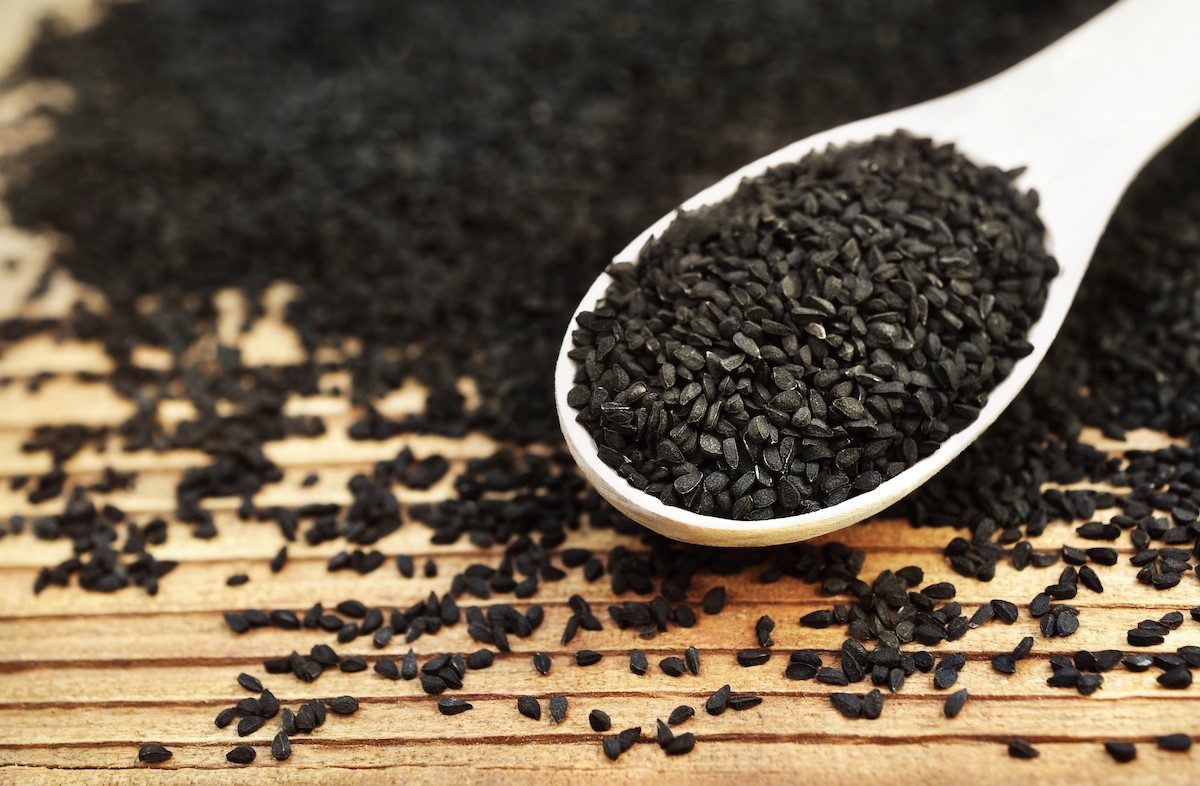
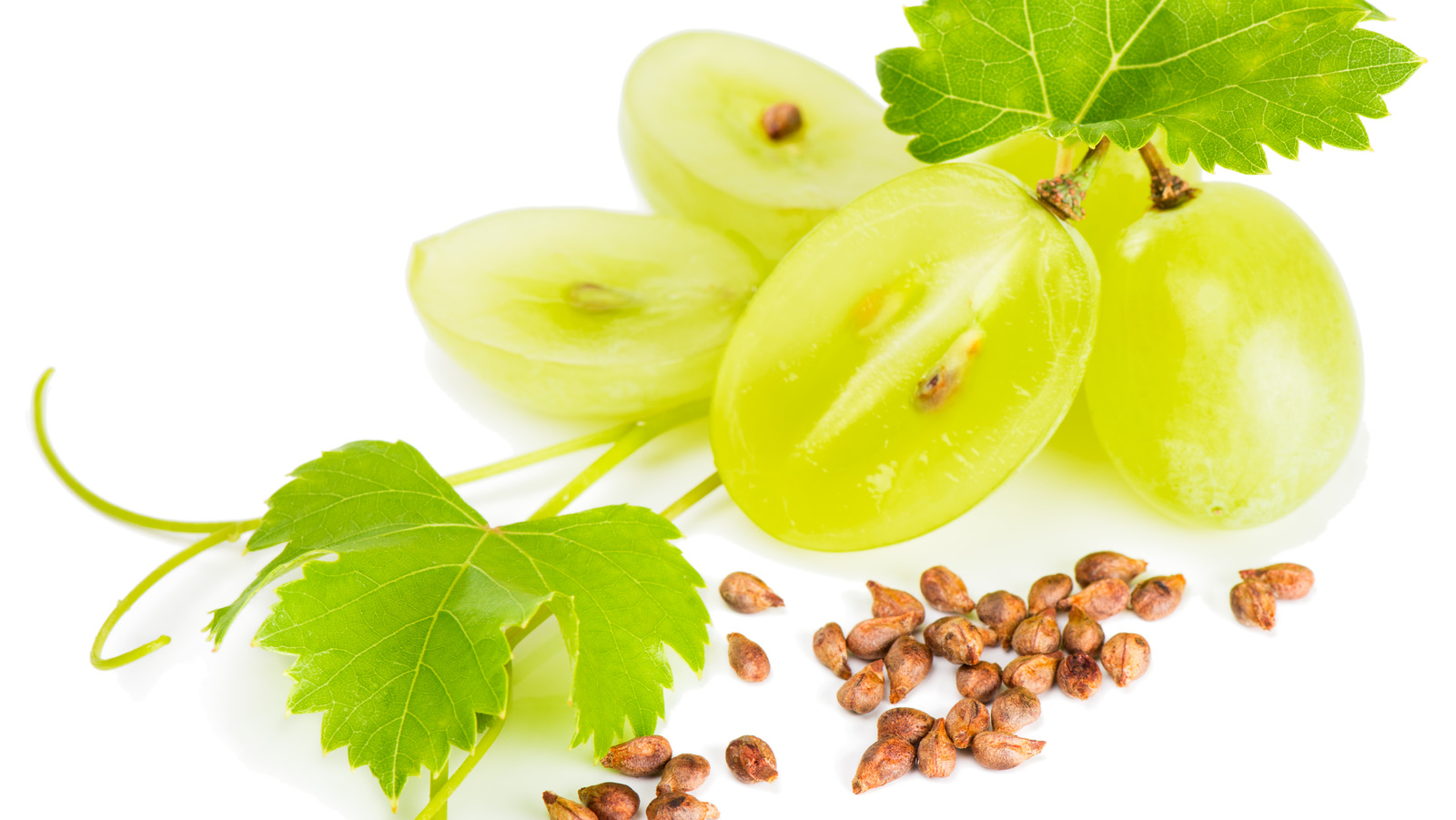
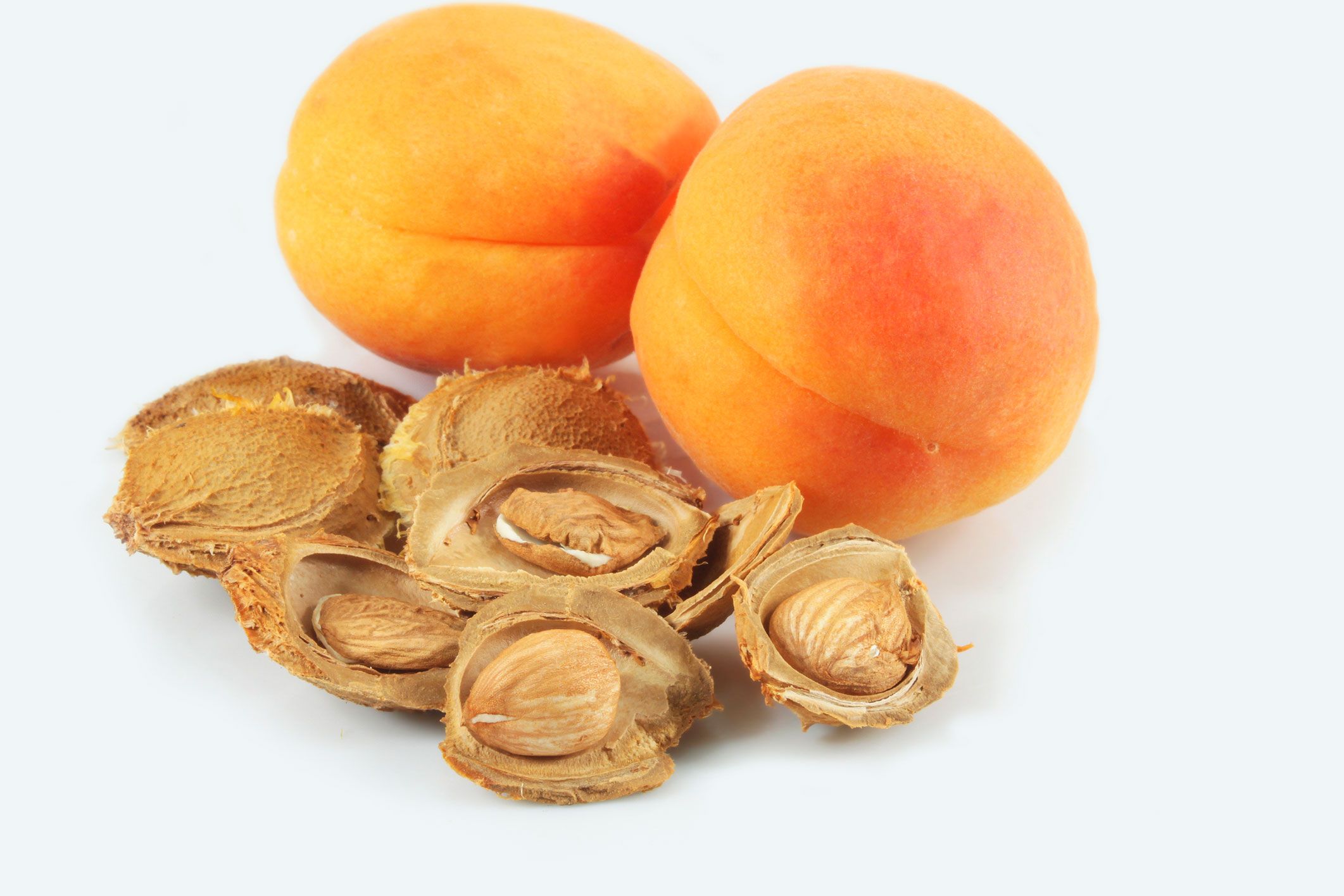
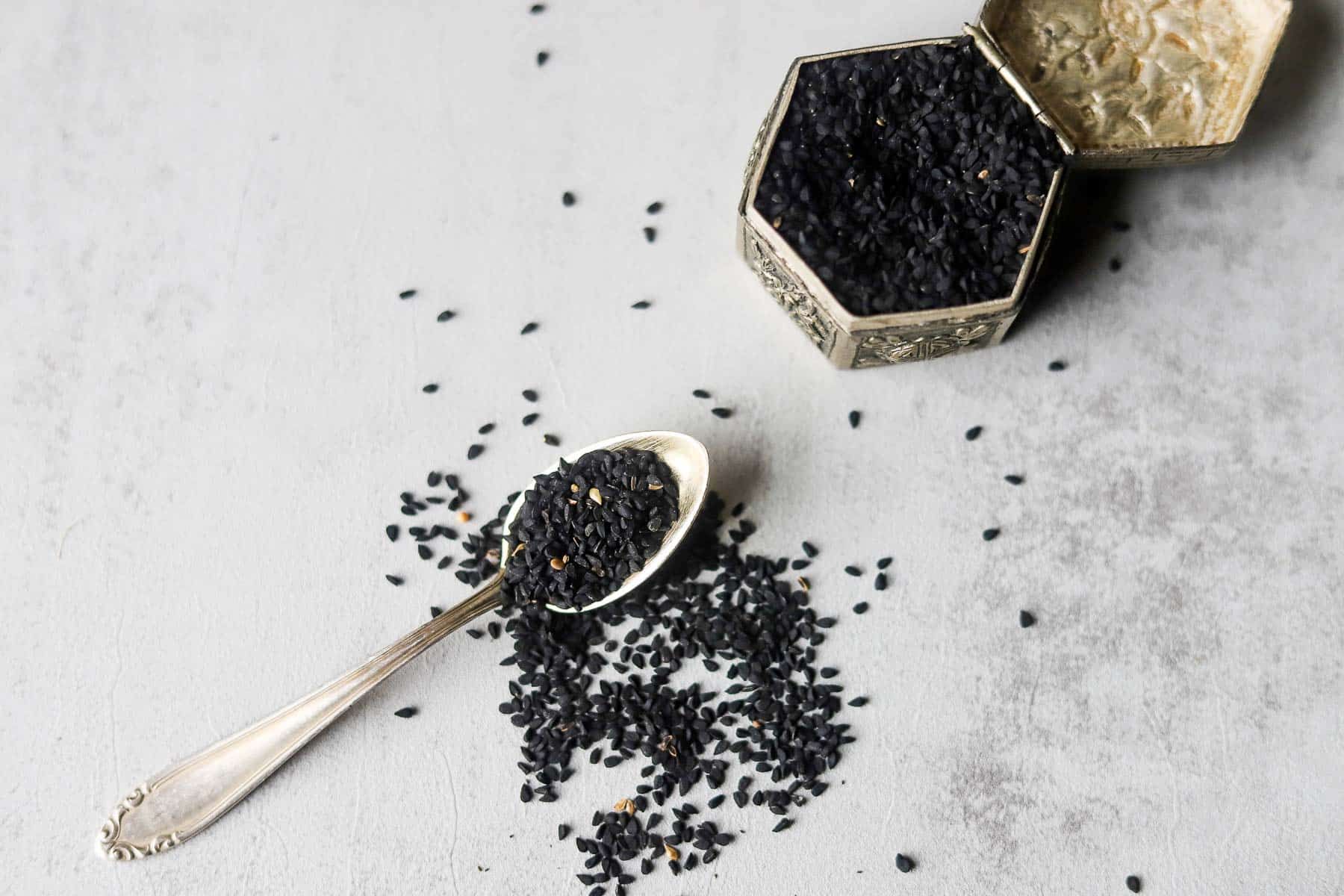
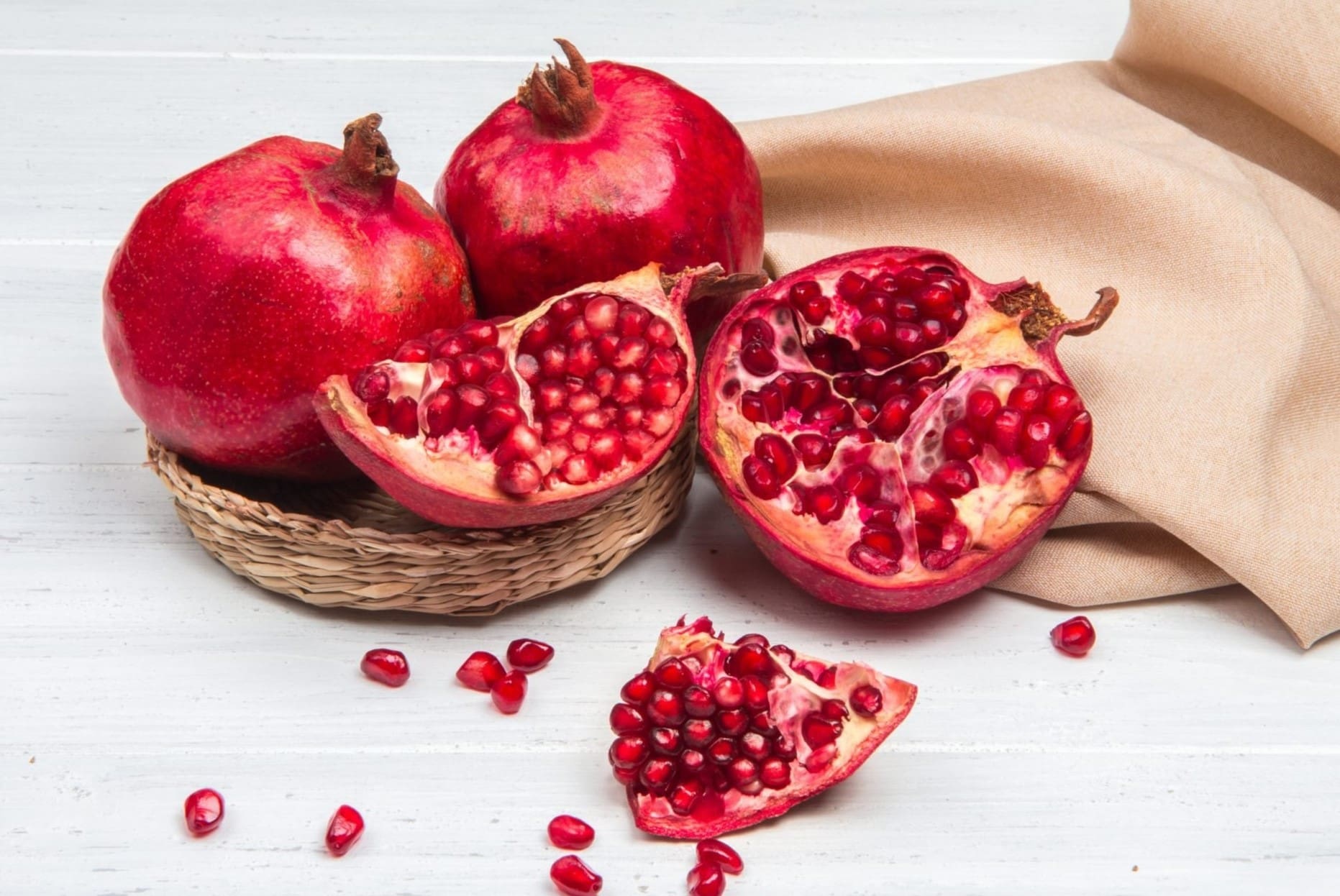
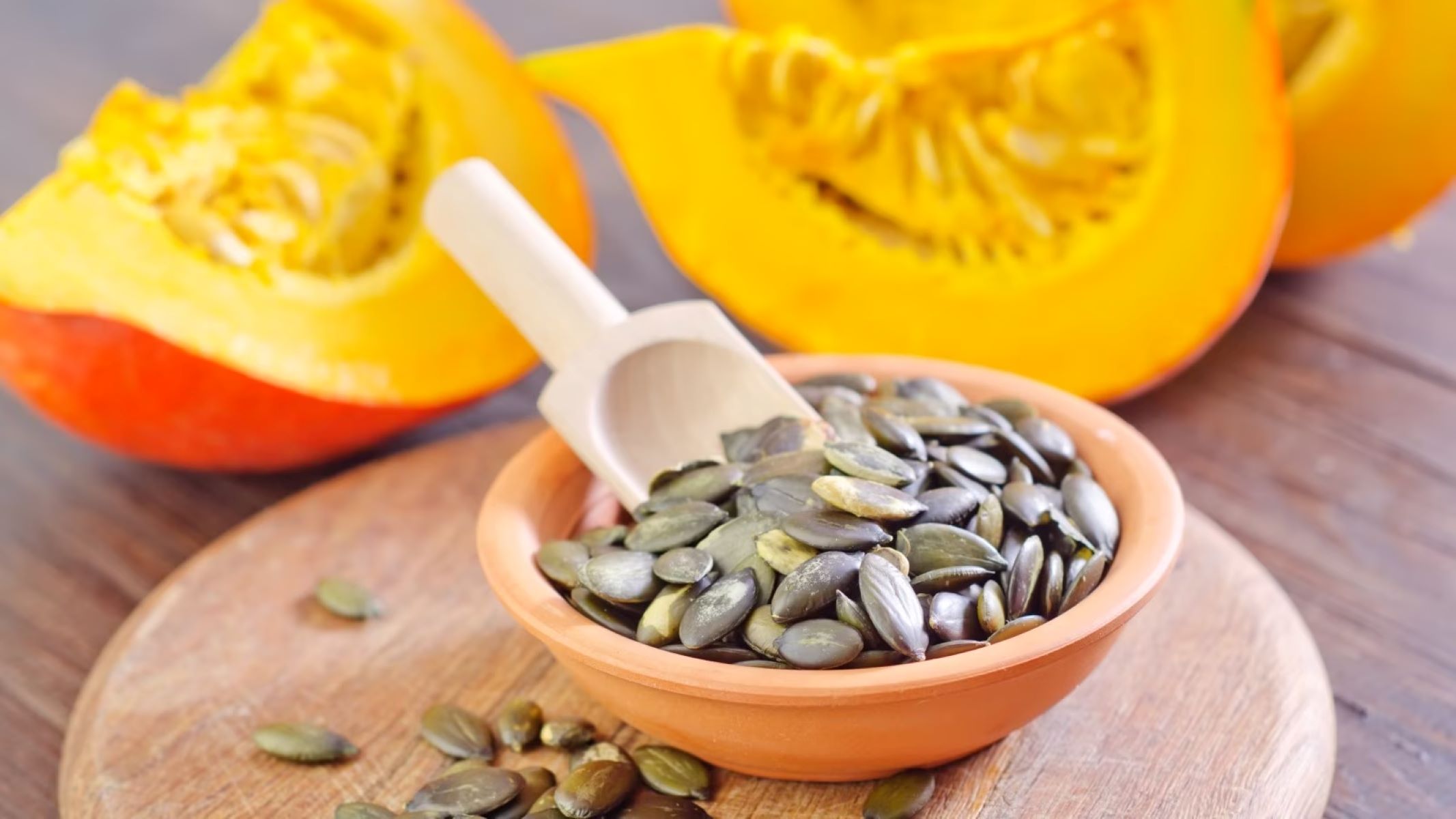
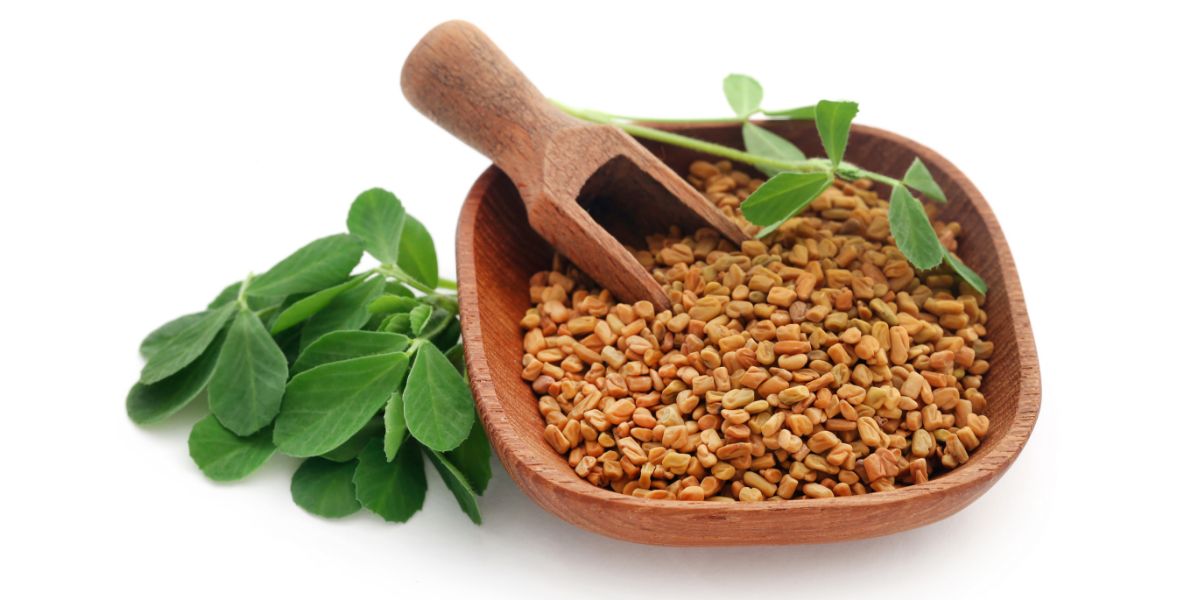
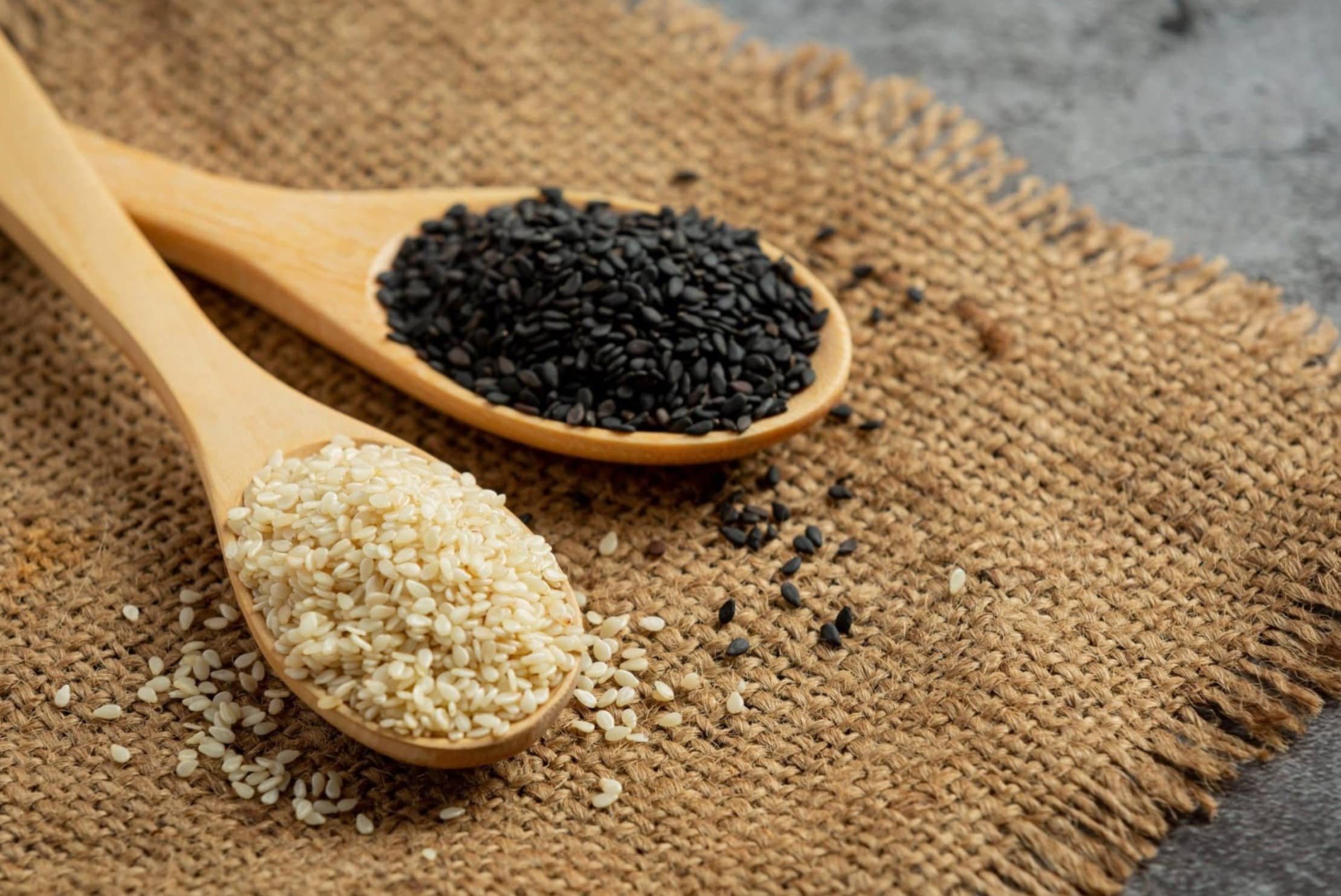
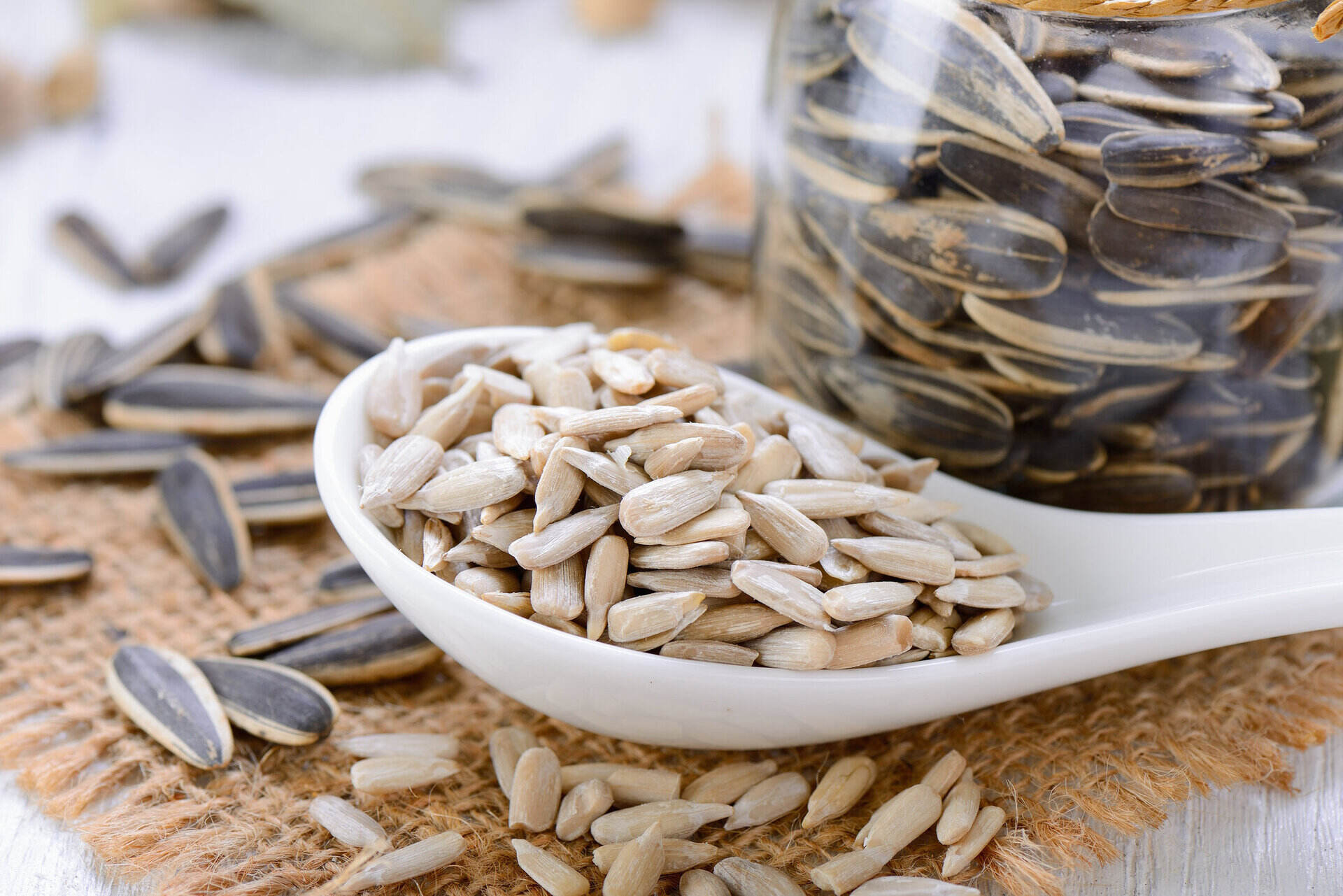
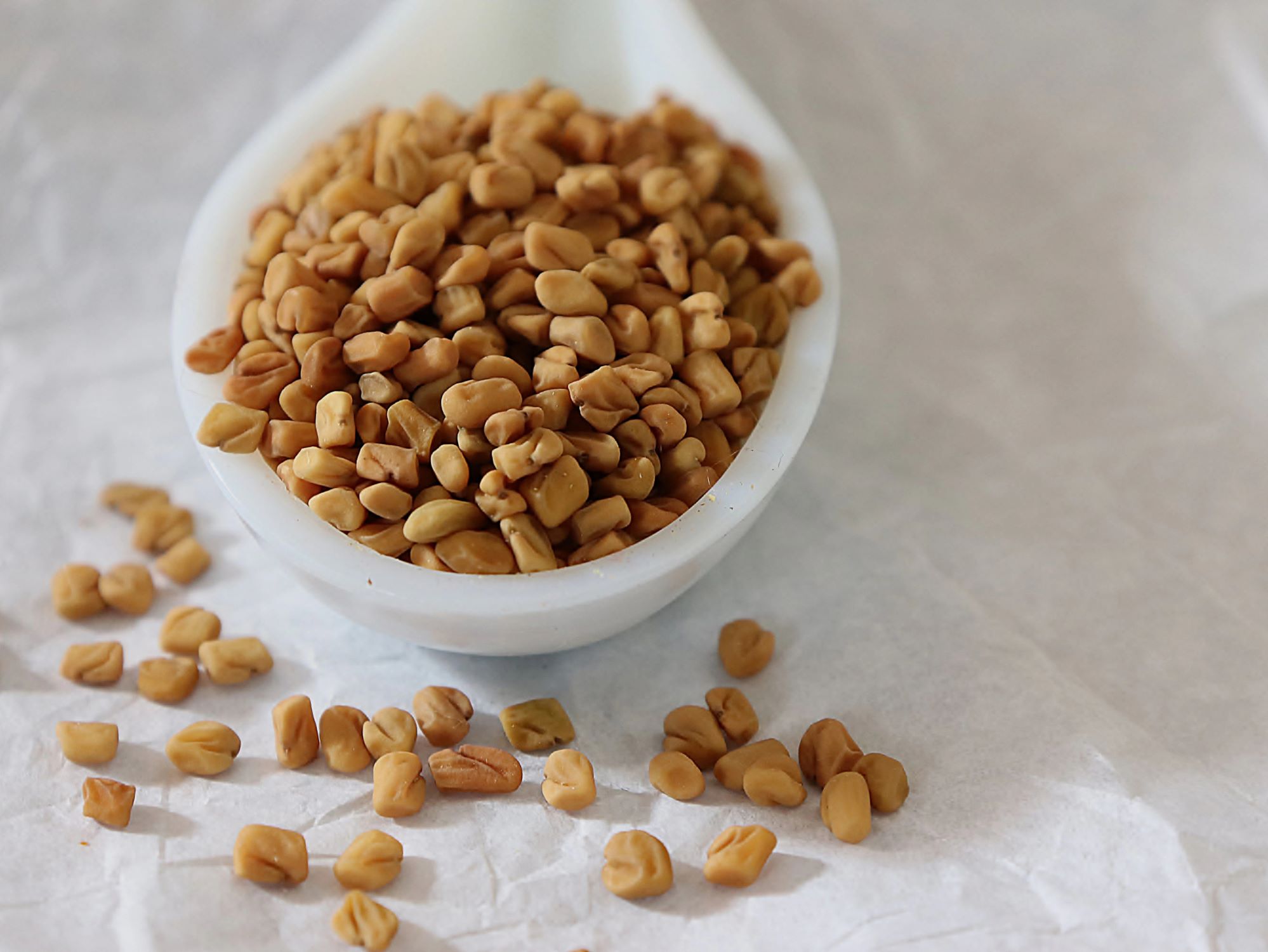
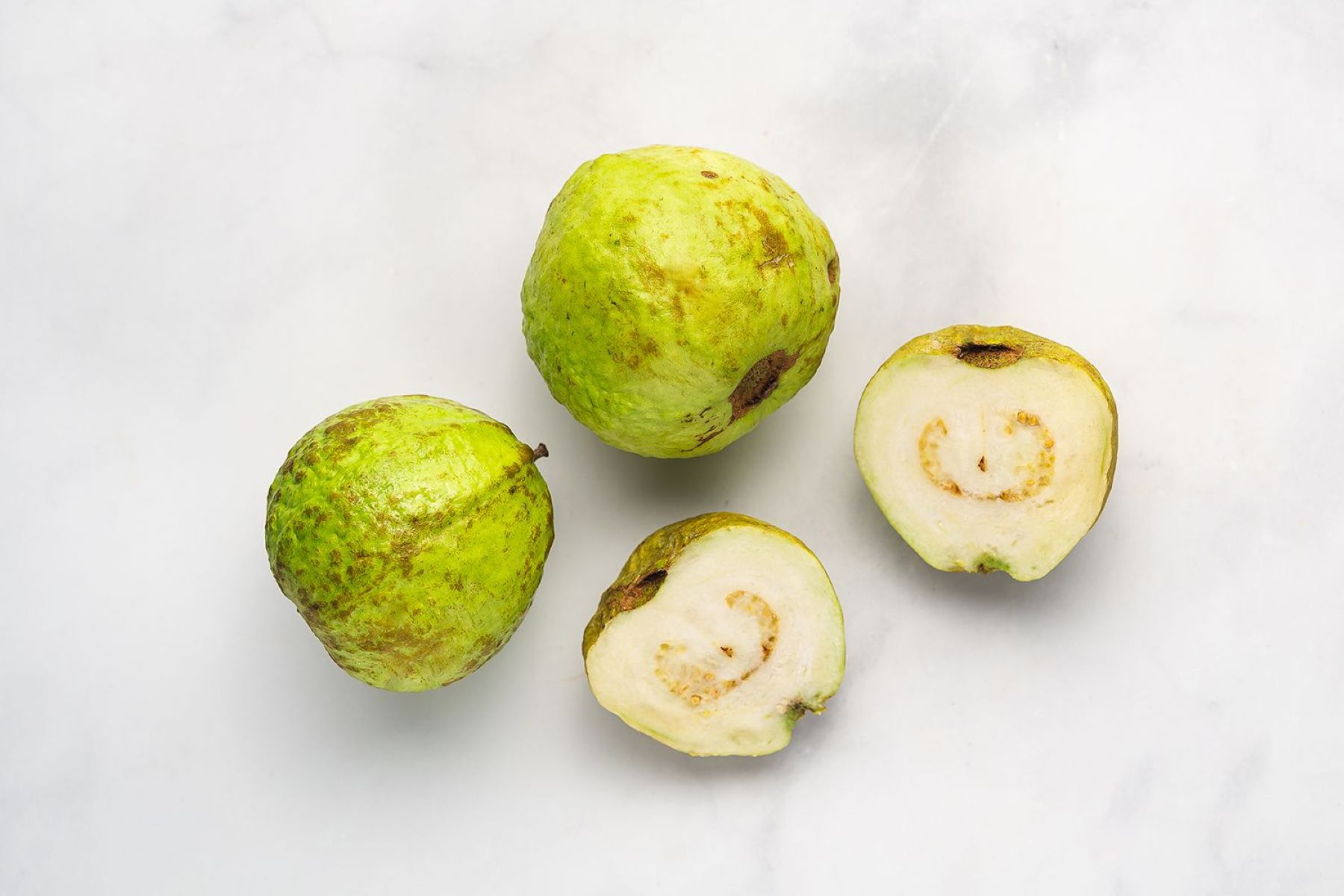
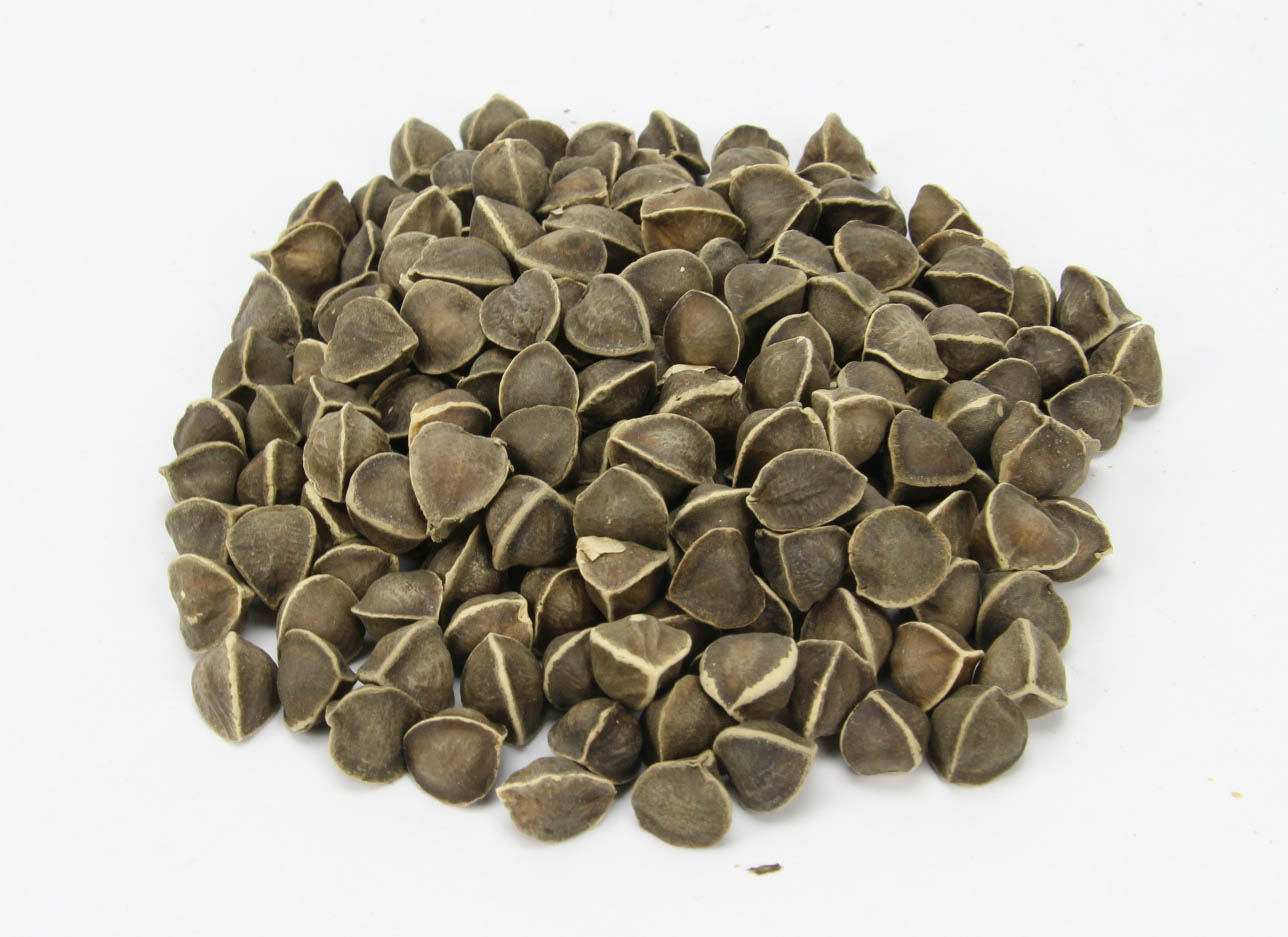
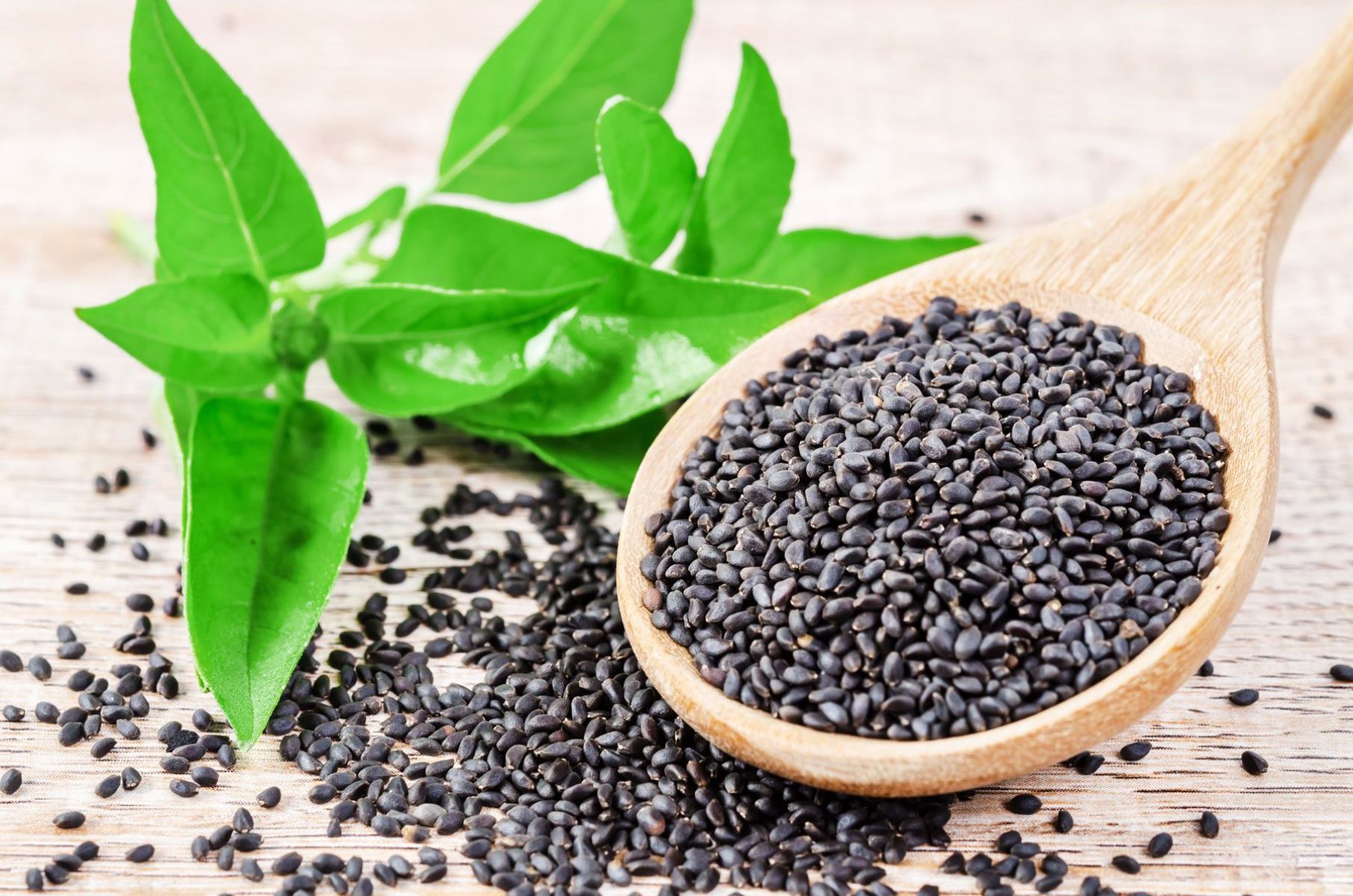
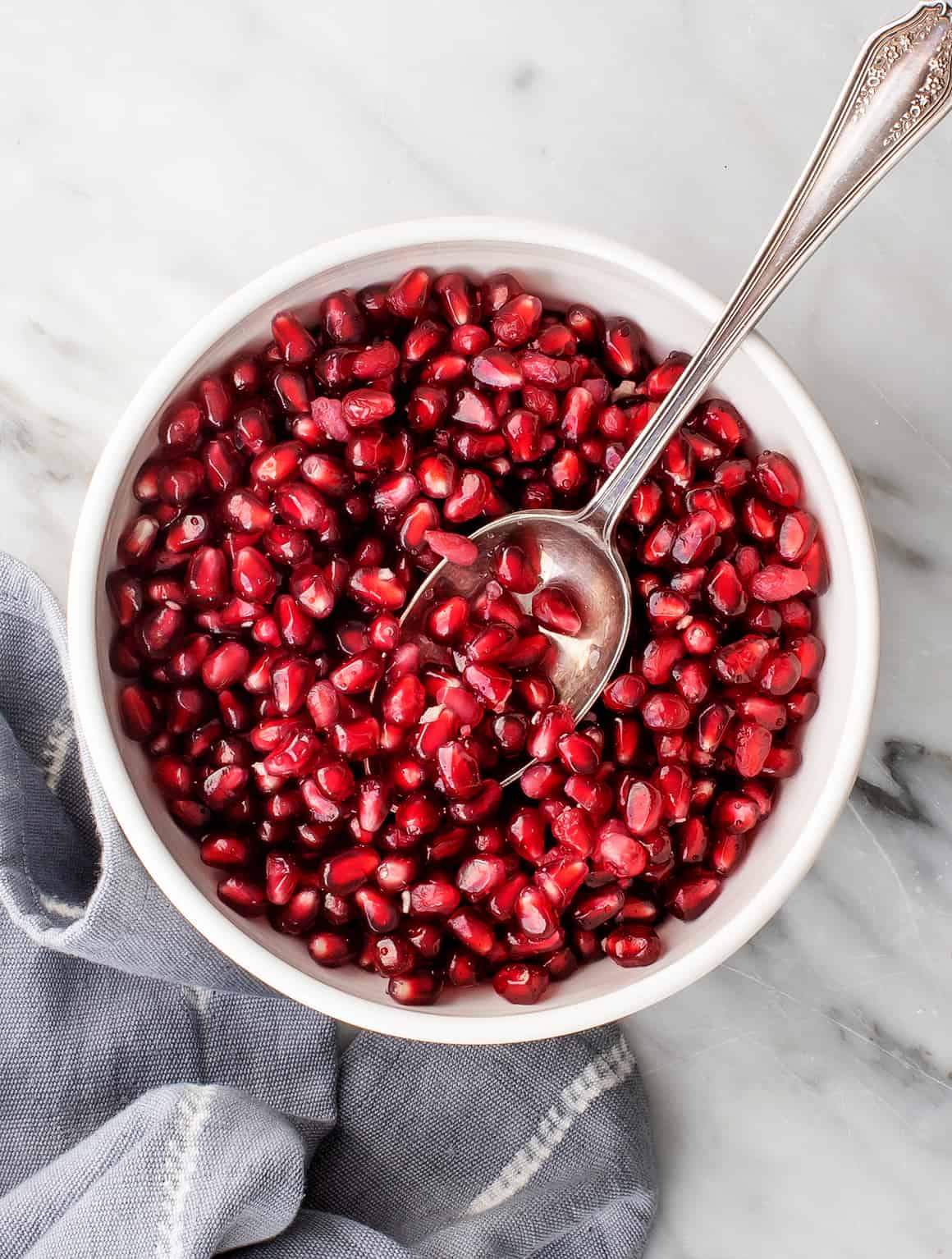

0 thoughts on “How To Eat Black Seeds”